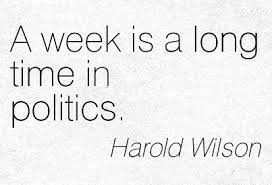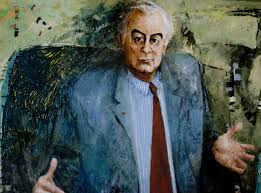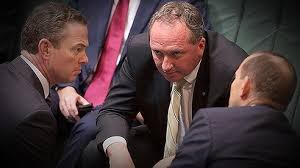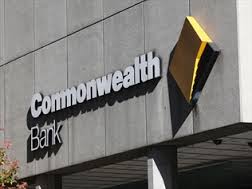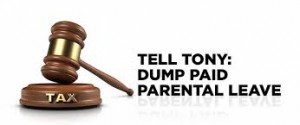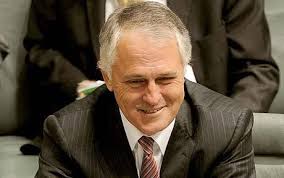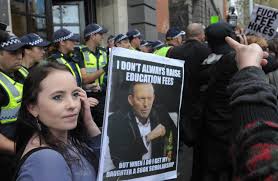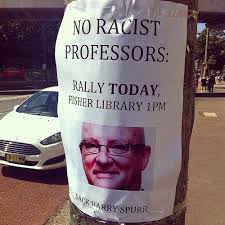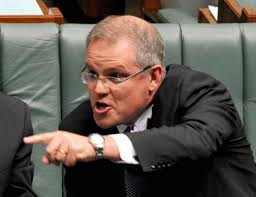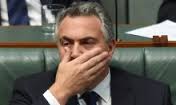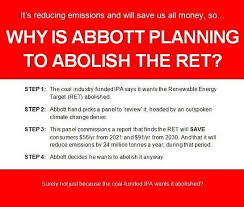Upside down downunder
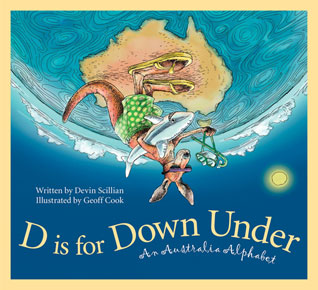
We sure do things upside down downunder.
Tony Abbott’s chief business adviser first tells us we are unprepared
for global cooling, followed by lashing out at the UN response to the
Ebola outbreak and labelling the world body a “refuge of anti-western
authoritarians bent on achieving one-world government”.
Newman
wrote an opinion piece for the Australian newspaper in which he said
the UN’s “leanings are predominantly socialist and antipathetical to the
future security and prosperity of the west”.
“The philosophy of the UN is basically anti-capitalist,” he writes.
“Countries that pay the most dues, mostly rich Anglo countries, are
those to which the world body shows the greatest disdain.”
Is he suggesting that we should receive foreign aid in thanks for
using up all of the world’s resources while killing the planet?
Aside from Maurice Newman’s bizarre ravings, our inaction on climate
change, our inadequate response to the Ebola crisis, the chief executive
of Whitehaven Coal telling us that coal “may well be the only energy
source” that can address man-made climate change, and the sheer
bastardry of cutting real wages and entitlements to defence personnel as
we send them off to war…..we are also ignoring the call from the rest
of the world to take action to address income inequality.
Despite being one of the richest nations on earth, one in seven Australians are living in poverty.
Thirty per cent of Australians who receive social security payments
live below the poverty line, including 55 per cent of those on
unemployment benefits. Fifteen per cent of aged pensioners live in
poverty.
So it seems unfathomable as to why these people would be targeted when the government is looking for savings.
Since 1980, the richest 1 percent increased their share of income in 24 out of 26 countries for which the IMF have data.
In the US, the share of income taken home by the top one percent more
than doubled since the 1980s, returning to where it was on the eve of
the Great Depression. In the UK, France, and Germany, the share of
private capital in national income is now back to levels last seen
almost a century ago.
The 85 richest people in the world, who could fit into a single
London double-decker, control as much wealth as the poorest half of the
global population– that is 3.5 billion people.
With facts like these, it is no wonder that rising inequality has
risen to the top of the agenda—not only among groups normally focused on
social justice, but also increasingly among politicians, central
bankers, and business leaders.
Our politicians are telling us that they want to provide the
opportunity for each person to be their best selves but the reality is
that we do not have equal opportunity. Money will always buy
better-quality education and health care, for example. But due to
current levels of inequality, too many people in too many countries have
only the most basic access to these services, if at all. Fundamentally,
excessive inequality makes capitalism less inclusive. It hinders people
from participating fully and developing their potential.
Disparity also brings division. The principles of solidarity and
reciprocity that bind societies together are more likely to erode in
excessively unequal societies. History also teaches us that democracy
begins to fray at the edges once political battles separate the haves
against the have-nots.
A greater concentration of wealth could—if unchecked—even undermine
the principles of meritocracy and democracy. It could undermine the
principle of equal rights proclaimed in the 1948 Universal Declaration
of Human Rights.
Redistributive policies always produce winners and losers. Yet if we
want capitalism to do its job—enabling as many people as possible to
participate and benefit from the economy—then it needs to be more
inclusive. That means addressing extreme income disparity.
One way to address this is through a progressive tax system but
instead, our government is looking at regressive measures like
increasing the fuel excise and the GST. These will impact far more
greatly on low income earners.
Another avenue is to expand access to education and health but
instead, our government is cutting needs-based education funding, making
the cost of tertiary education prohibitive, and introducing a
co-payment to discourage people from seeing the doctor.
Abbott, Hockey and Cormann assure us that if we make the rich richer
we will all benefit. Everyone from the Pope to Rupert Murdoch knows this
is rubbish.
Two weeks ago In Washington, in a speech to the world’s most powerful finance ministers and central bankers, Rupert Murdoch accused them of making policies to benefit the super rich.
In it, he blamed the leaders for increasing inequality, said the
ladder of generational progress was now at risk, and warned that a
moment of great global reckoning had arrived.
I note that his criticism of poor policy does not stop him from
taking advantage of said policies. “I’ll only be as good as you make me
be” seems to be the prevailing principle.
Hockey’s response to Murdoch’s barrage was interesting.
“Certainly, as he says, loose monetary policy has helped people who
own a lot of assets to become richer, and that’s why loose monetary
policy needs to be reversed over time, and we’ll get back to normal
levels of monetary policy, normal levels of interest rates,” Mr Hockey
told AM’s presenter Chris Uhlmann.
“Governments, on the other hand, have also run out of money and can’t
keep spending money – particularly on the credit card – to try and
stimulate growth.
“So, if loose monetary policy is not available and actually makes the
rich get richer, and governments have run out of money, how are we
going to get growth going in the world economy over the next few years?
And the only way to do it is through structural changes that make us
better at what we do.”
The structural changes suggested by Mr Hockey will increase
inequality and send more people into poverty which is indeed what
Coalition governments are good at doing.
Pope Francis recently tweeted “Inequality is the root of social evil.”
In last autumn’s essay, Evangelii Gaudium, Francis wrote that: “Just
as the commandment ‘Thou shalt not kill’ sets a clear limit in order to
safeguard the value of human life, today we also have to say ‘Thou shalt
not’ to an economy of exclusion and inequality. Such an economy kills …
Today everything comes under the laws of competition and the survival
of the fittest, where the powerful feed upon the powerless. As a
consequence, masses of people find themselves excluded and marginalised:
without work, without possibilities, without any means of escape. Human
beings are themselves considered consumer goods to be used and then
discarded.”
The claim that human beings have an intrinsic value in themselves,
irrespective of their usefulness to other people, is one that unites
Christianity and socialism. But if you think the market is the real
world, it makes no sense at all, since in the market, value is simply
the outcome of supply and demand.
A recent article by Lissa Johnson discusses decades of research into political psychology.
“Another ubiquitous finding is that conservatism is inversely related
to the pursuit of social and economic equality. Conservatism correlates
strongly with a preference for fixed social hierarchies entailing
inequality between social groups, along with punitive attitudes towards
marginalised and/or non-conforming members of society, who are seen as
destabilising elements that threaten social cohesion.”
Australia is indeed a wondrous place where coal will save us from
climate change, where helping the rich to get richer will make us all
happier, and where the poor will be asked to pay off the nation’s debt.


